What is the difference between a bag and an automatic machine?
What is a bag
A batch switch is a switching device used in AC and DC networks and switching circuits with currents up to 100A with voltage 220V and up to 60A with voltage up to 380V. To turn this device on or off, turn the handle. Installed in the electrical panels of the old model.
Batch switches are of different types with different numbers of contact groups and switch positions, which you can see in the figure below. This means that with the help of a bag you can not only turn on and off the power in the circuit, but also switch by selecting the desired circuit or group of circuits. In this way, the switches of the drive control modes are often organized - local or remote, and other functions.
Accordingly, depending on the number of contact groups, a batch switch can be single-phase or three-phase, although the assignment of such names is fundamentally wrong, classification according to the number of poles is better suited here.
In everyday life, packets are still found in access control panels of apartment buildings. With their help, the power is turned off from the input cable to the apartment. Circuit switching is manual.
Often the question arises of how to enable the packet. It’s quite simple, inspect the device, on the front panel behind the handle, the destination settings are stamped: I - on, O - off. Turn the handle 90 degrees so that it stands along the “I” marks and you turn it on.
On the designation schemes according to GOST 2.755-87, it can be performed as a conventional disconnector with an appropriate number of poles connected mechanically.
Designations are also permitted according to design.
Typical connection scheme:
What is a machine
A circuit breaker is also a switching device, but it is already intended for switching electrical circuits and protecting them. It has two releases - thermal and electromagnetic. Thermal disconnects the load with minor overload, and electromagnetic - at short circuits on line or connected equipment. This reduces the risk of fire and damage to cable lines.
Currently, it is the circuit breakers that are installed at the entrance to houses and apartments. They also come in various numbers of poles.
If three phases and three wires are connected to the machine, then they say that it is three-pole. And if the device has only two terminals for connecting conductors, then it is single-phase or single-pole.
Depending on the design and parameters of the releases, time-current characteristics are distinguished - the value at which the protected circuit will automatically shut off. It is indicated by the letters of the Latin alphabet. For example, the marking C16 means that it is a circuit breaker with a rated current of 16A with a time-current characteristic of C, which is the main difference between devices with different rated currents.
His image on the diagram is shown below.
You can see a typical wiring diagram for connecting devices with a different number of poles in the following wiring diagram:
Results - what is the difference
Instead of a conclusion, let's summarize and list the difference between the bag and the machine. For this, we made a comparison table.
| Parameter | Batch switch | Machine |
| Load switching | Yes | Yes |
| Type of control | Manual | Manual on and off, automatically only off |
| Circuit protection | No | Yes, from overload and short-circuit currents |
| Installation | Screws to the walls of the electrical panel or to the rail | On a DIN rail, on any surface, depending on version |
| Ability to implement switching schemes | Yes | No |
So, the main difference between these devices is that the machine protects the circuit and can turn itself off, and the bag is a simple switch, with which you turn on or off something on demand, like a light switch or knife switch.
The difference is also the performance of these devices. The bags are always turned on by turning the handle, their casing is usually round or multi-faceted, and the circuit breakers used in everyday life, most often modular for installation in a panel on a DIN rail, are turned on by a flag or buttons (old model, made in the USSR).
Therefore, it cannot be said which is better, because these are completely different switching devices. So that you know how to properly name one or another device, remember the photographs and the main features of these switching devices listed in the article.
Related materials:

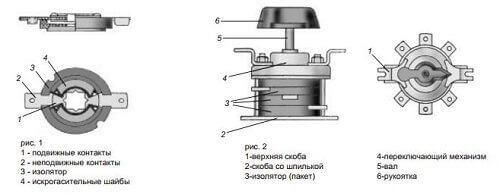
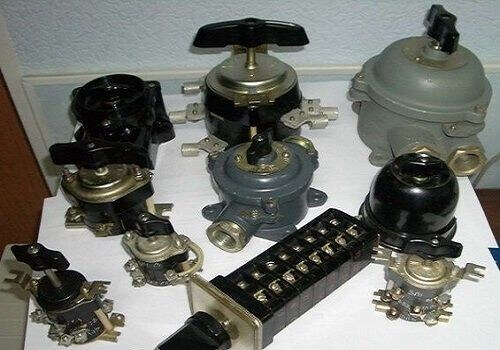
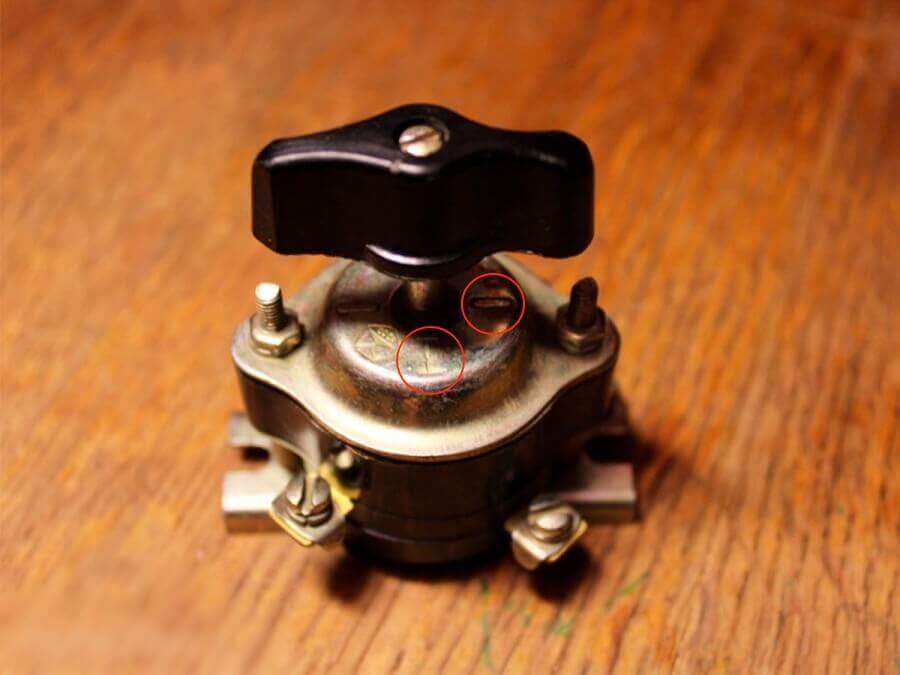
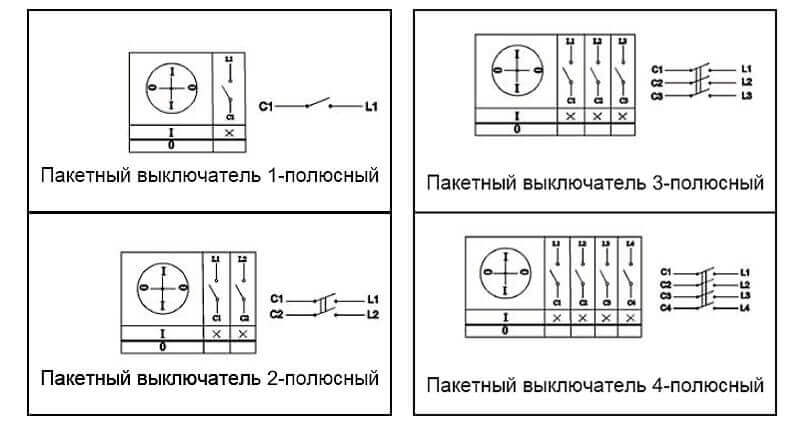
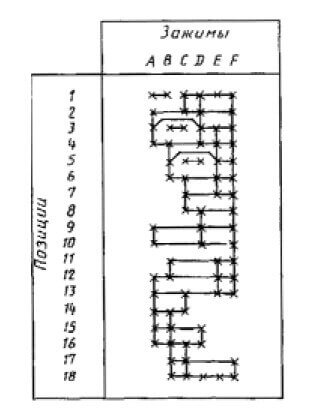
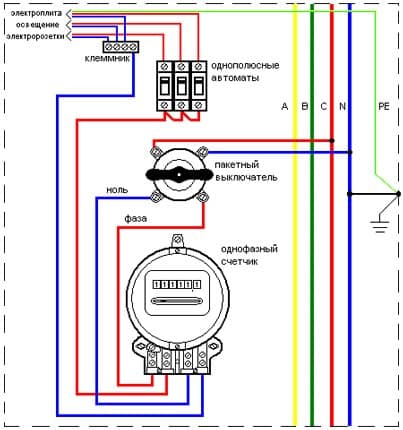
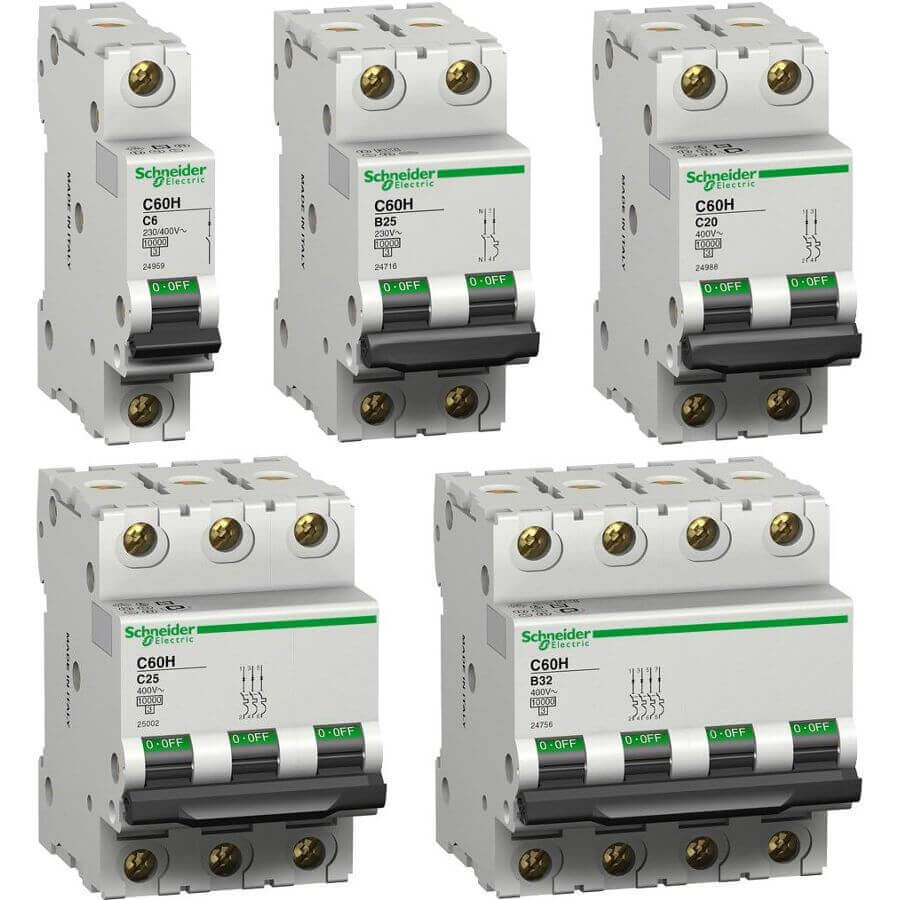
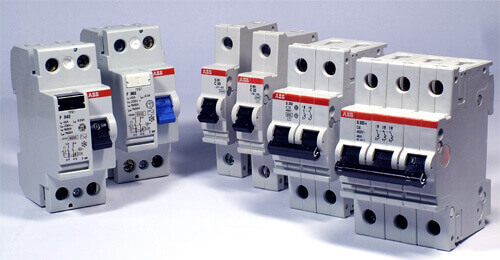

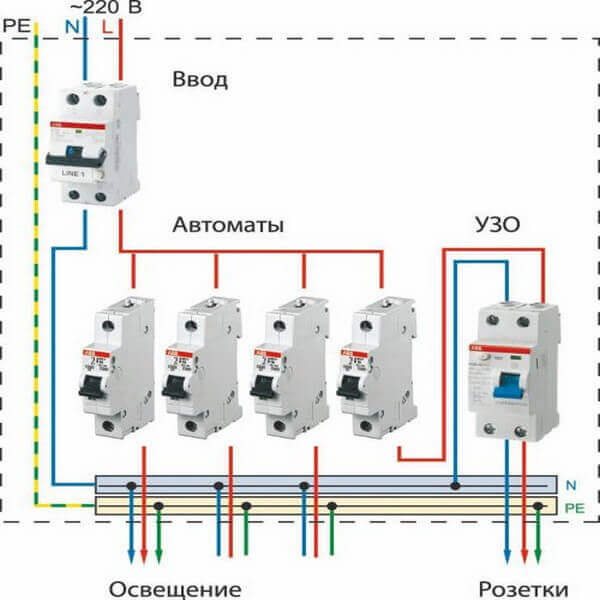

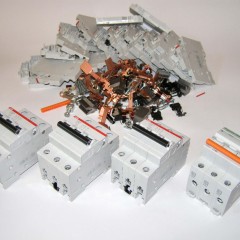
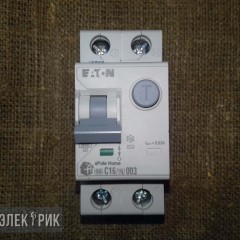
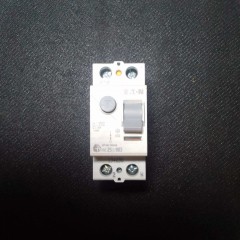

The machine is not designed to turn on / off the load
How many illiterate energy experts on the Internet are just scary. The packet switch acts as a disconnector, i.e. guaranteed open circuit. And the circuit breaker has a circuit protection function (thermal (circuit overload) and current (short circuit protection) protection). At the circuit breaker, contacts may stick (from the arc). And when you turn it off, the circuit does not break, and you can get under voltage, and the packet switch is guaranteed to break the circuit.
About the comment: "The machine is not designed to turn on / off the load" I generally am silent. The author needs to learn the mathematical part.
and how long have you had it? For a long time you write the same as in the article in your own words and at the same time say that someone needs to learn something?
To the author of what? Articles or comments? Well, the man wrote and did not explain his opinion, what next?
Can't the contacts stick on the bag? Or have you never seen contacts welded to each other?
At the same time, the commentator is right - the machine is not designed to turn the load on and off, I think if I mean that the circuit breaker is not designed to work as a switch, but to work as a protective device in case of overloads and emergency situations. If so then commentator Panzer is right.